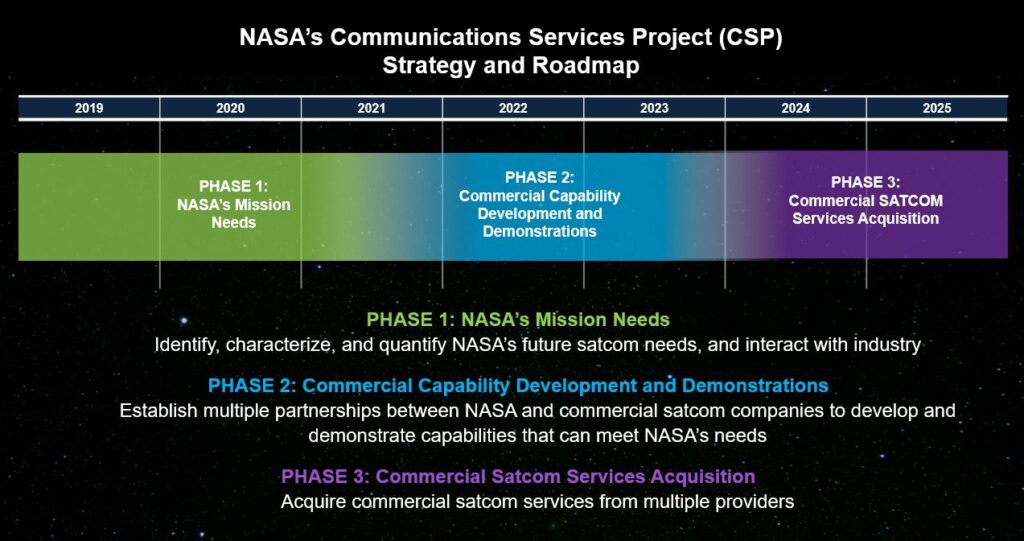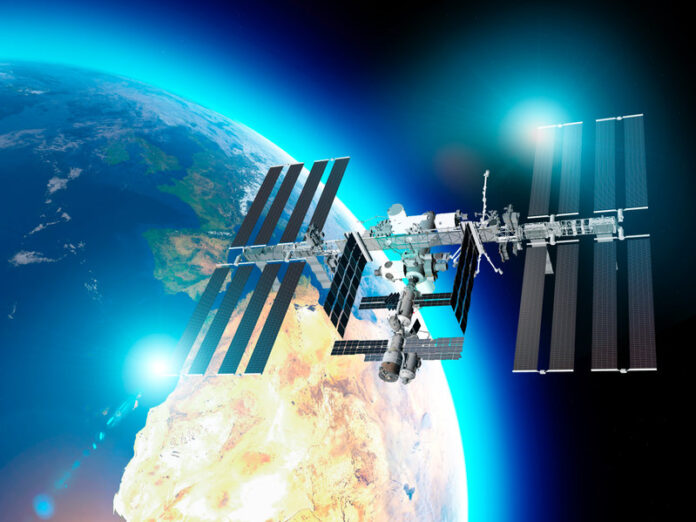NASA is evaluating how to decommission its current systems in favor of satellite communications networks for near-Earth operations
As part of an initiative to develop communications services for space travel, NASA awarded contracts to Amazon’s Project Kuiper, Elon Musk’s SpaceX and four other companies. Together, the contracts total $278.5 million, $67 million of which went to Project Kuiper, while SpaceX $70 million was awarded to SpaceX.
To secure the contract, the companies had to suggest a technical approach that would lower costs, increase flexibility and improve performance for a broad range of missions.
Now that they’ve been selected, they must complete the development of technology and in-space demonstrations by 2025 to prove their proposed systems can deliver “reliable and cost-effective mission operations,” as well as high-rate and high-capacity two-way communications. NASA said it expects each company to match or exceed agency contributions during a five-year development and demonstration period to hit more than $1.5 billion of investment combined.
The NASA Communications Services Project had been in development for over a year, evaluating how to decommission its current systems in favor of commercial satellite communications networks for near-Earth operations. This will be done in a three-phase process, the first of which involved the identification and analysis of NASA’s current satellite usage and future communication needs. Phase 2, which appears to be the one it’s currently in, involves selecting companies that are developing and demonstrating satellite capabilities that can meet various NASA mission needs. Finally, in Phase 3, NASA will begin to acquire and transition to reliable and cost-effective SATCOM services provided by multiple industry partners.

The other companies awarded contracts in Viasat, which received $53.3 million, Telesat, which received and SES and Inmarsat, which were both given $28.6 million. NASA said it plans to award long-term contracts by 2030.

